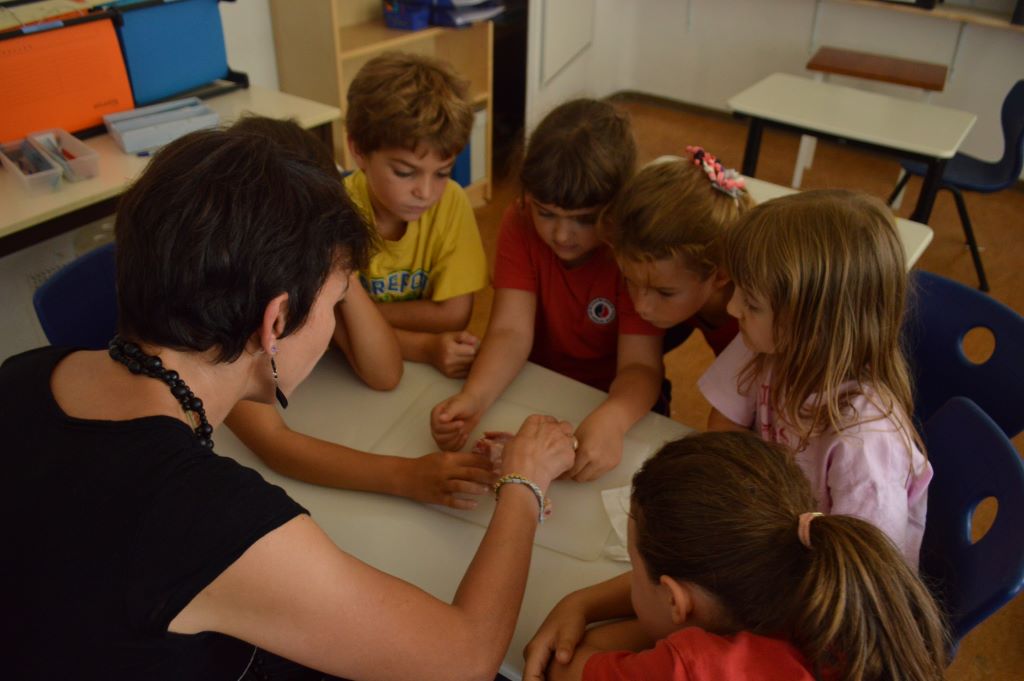Pedagogy
Our School
It was a vision of a school where you wouldn’t be bored, where you could learn as much as you wanted, where everyone could show the best of themselves and be encouraged and helped, and where, of course, you would become bilingual as soon as possible because it’s so much easier to learn at a young age.
And then the dream came true. From a small group of six children in 2008, the school grew quickly and has now reached cruising speed, with one class per level from 3 to 15 years old, and around 190 pupils.
We are proud to present our results:
– Our pupils are becoming truly active bilinguals. They speak and write fluently in both languages.
– Our pupils are good at maths, even excellent (several are on the Euler course).
– Our students have an exceptional general knowledge, whether in the natural sciences, the humanities or literature (bilingual).
– Our students enjoy coming to school, participate actively in all lessons, get involved and work hard.
– Our success rate on entry to the Gymnasium is 100%.
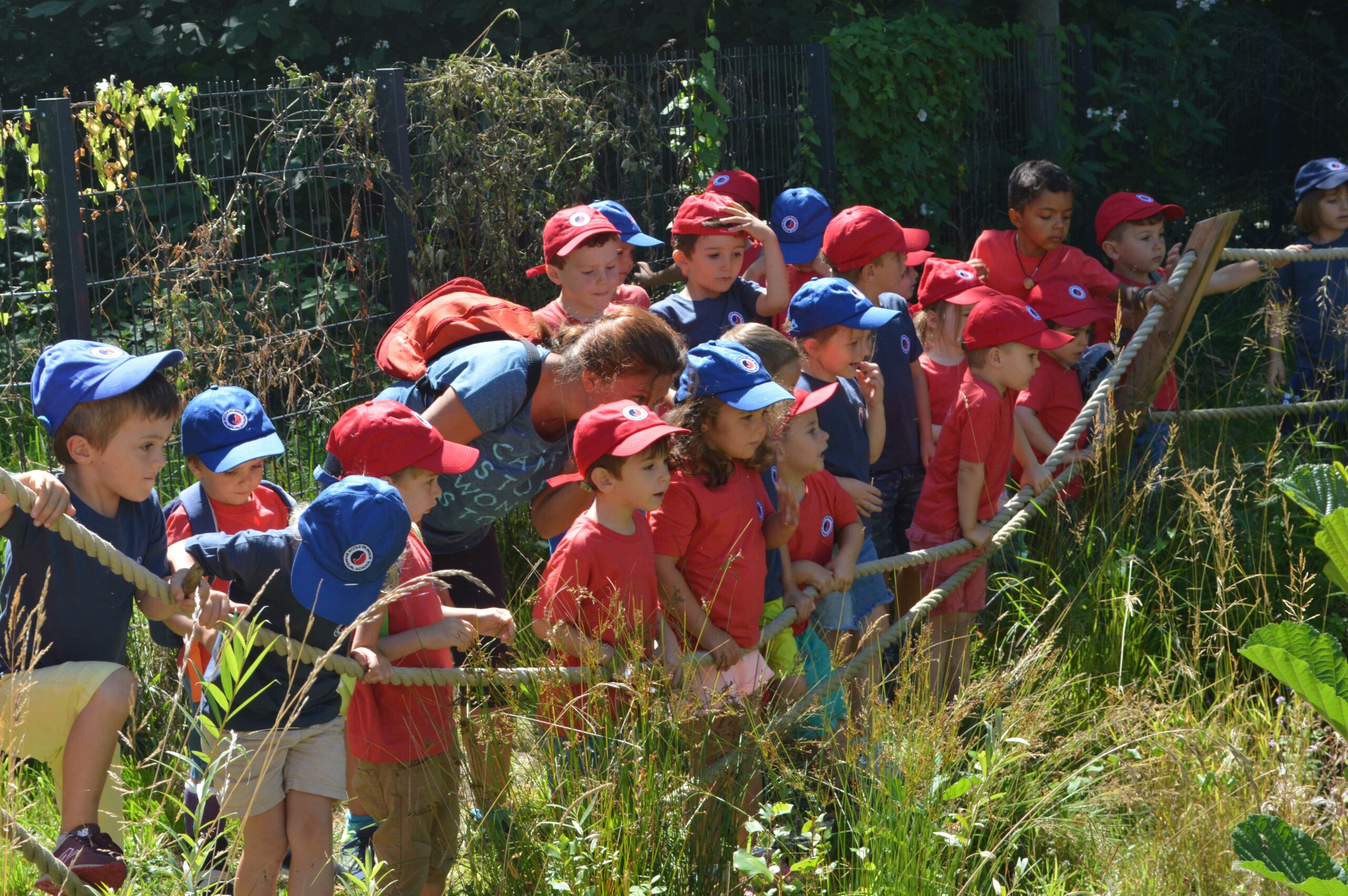
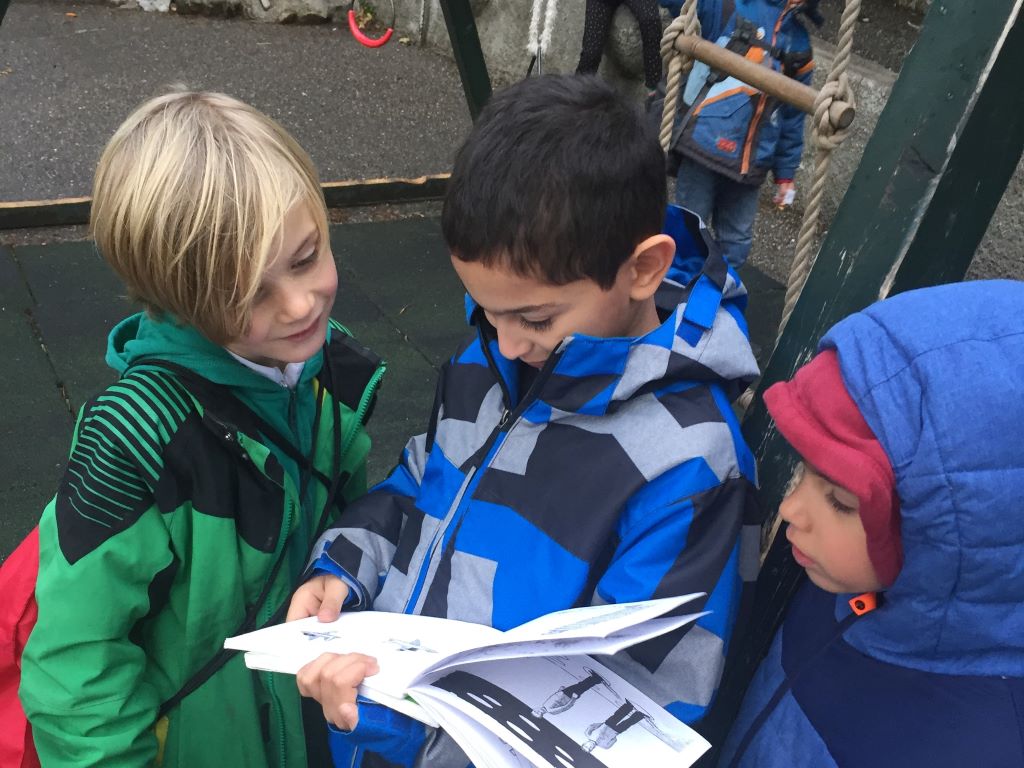
Becoming bilingual
Many schools promote bilingualism, but few offer genuine active bilingualism. In fact, mastery of a language can range from knowing a few simple phrases to being able to write texts or give lectures in the second language (complete active bilingualism). Everyone has experienced this on holiday: it’s fairly easy to develop basic passive bilingualism, to understand a few sentences and pronounce a few words. What really takes time and know-how is becoming actively bilingual.
At EBSR, we have decided to add extra school time to have a real bilingual programme, and we have developed our own pedagogy of early immersion. We put the children in the same situation as when they learn naturally from their parents, by actively encouraging them to speak, sing and play in English, gradually expanding their vocabulary and the complexity of their sentences.
The children really enjoy this natural, fun way of learning, starting to speak and sing after a few months, and generally joining the native English class after two years. From then on, they follow the British English programmes at the same time as the French programmes for French.
Individual support
Anyone who hasn’t wasted their time in class waiting for the others to finish can raise their hand… Group learning is justified in certain subjects such as science, literature or the arts, but it is highly ineffective for maths and the technical aspects of languages. In areas where students often have very different aptitudes, maturities and backgrounds, giving everyone the same lesson simply cannot work properly.
But can all the pupils in a class really be tutored? Yes, with a bit of organisation and dedicated teachers. Each student has his or her own notebook, thanks to our system where all the teaching material is ready to print out in pdf format. Our students are used to working independently, so they come into the classroom and get straight down to work. Working in workshops and rotating through the computers allows us to give more attention to those who need it, while those who need it less progress at their own pace. Each pupil’s progress is recorded in their notebook, and if they move on to the next year of the programme, good for them! Our classes are quiet and everyone goes about their business – it’s that simple!
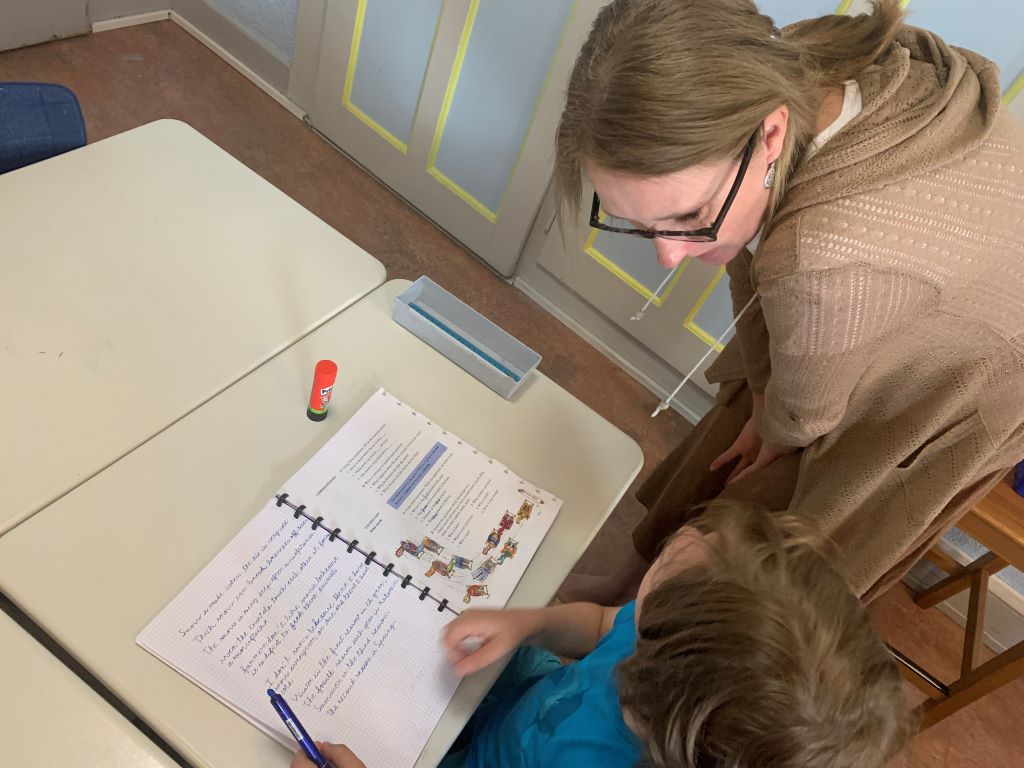
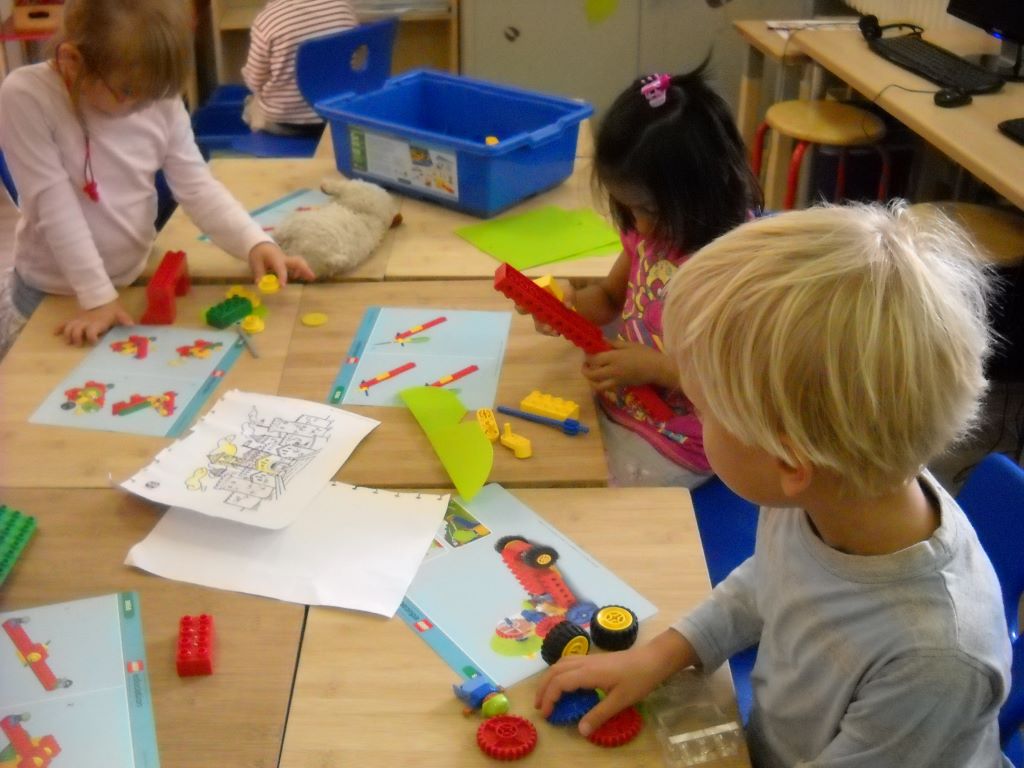
Starting early
All children naturally love to learn! The juvenile brain grows according to what it is given to explore. Offering stimulating learning opportunities to children and teenagers maintains their natural curiosity and develops their intelligence. Provided they are offered experiments and discoveries that correspond to their maturity and abilities, children are delighted to discover how language and letters work, the combinations of numbers and shapes, and how the universe works… Children learn to read easily before the age of six, primary school pupils are fascinated by the natural sciences, and teenagers want to understand the world in which they live.
Starting early also ensures that learning is solid, organised over time and stress-free. There are no miracles in education: it is through frequent repetition, in a variety of forms and using different approaches, that children of all ages store up knowledge and develop their reading, writing and mathematical skills. The earlier you start, the more time you have. And the more you know, the easier it is to learn. It’s a virtuous circle!
« At home in the World »
The school’s motto reflects a deep conviction: it is essential to know as much as possible about people and the world in order to live in peace, avoid false beliefs and vain fears, and lead a wise life.
From an early age, children are passionate and demanding ‘understanders’, as every parent knows: “Why do aeroplanes fly?”, “Why do snakes have no feet?”… And it’s often very difficult to answer.
At EBSR we have developed an exceptional programme – bilingual of course – of natural sciences, humanities and literature to answer all these questions and enable children and teenagers to be truly “at home in the world”. Biology, evolution, anatomy, chemistry, physics, geology, history, geography, economics, law, philosophy, psychology … From primary school onwards, everything you need to know about the universe is covered and explored in depth in lessons given by teachers specialising in the subject, with lots of experimentation and exploration thrown in for good measure. In literature, our programme covers a wide range of works from an early age, including the great classics; in both languages at the same time, of course!
